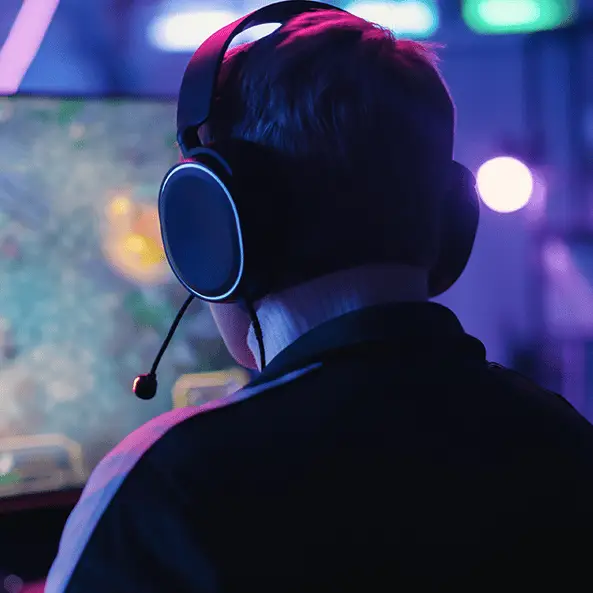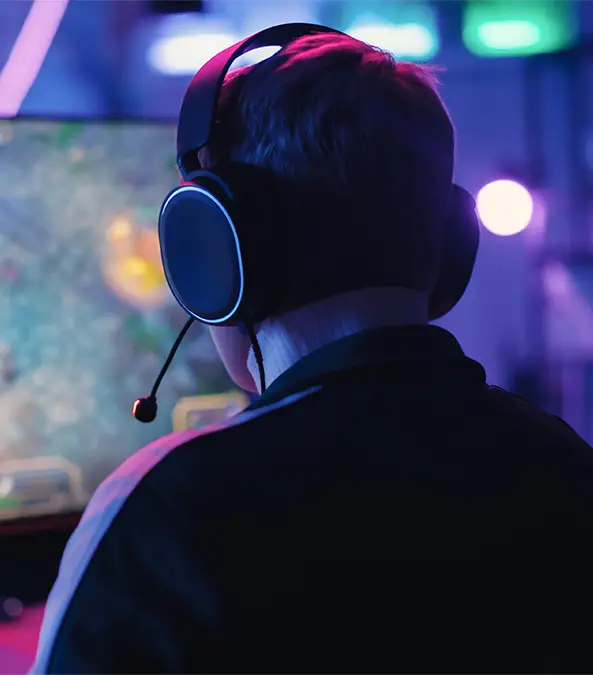
Nobody likes a cheater.
Whilst smurfs may not be directly hacking the game to give themselves an advantage, they definitely come pretty close.
If you're unfamiliar with the term, smurfing has nothing to do with those blue animated characters although, the name does derive from World of Warcraft players who were so good at the game that people left when they saw their usernames, 'PapaSmurf' and 'Smurfette'.

Advert
Smurfing is actually when a player creates a new account in order to play people of a lot lower skill level than their own in a way to 'crush the noobs' so to speak.
When you play an online game against other players, the game tries to match you to players of similar skill levels.
So you can imagine the frustration as a newbie to the game, expecting to be in lobbies with similar experience, only to be dominated by opponents far above your skill level.
Despite hating it when others smurf against them, a new study on toxicity in gaming found that 69% of gamers admit to smurfing and 13% say they do it frequently or almost always.
'Relative to smurfees, participants perceived smurfs as more likely to be toxic, to disengage from the game, and to enjoy the game,' the team from Ohio State University wrote in their study.
'There were also pronounced self-other effects. Relative to themselves, participants thought that other gamers were more likely to be toxic, less likely to keep playing the game, and less likely to enjoy the game.'

Looking into the reasons behind why people create smurf accounts. Real smurfs from Reddit explained it was because they wanted to either play with their lower-levelled friends or crush a bunch of noobs.
The team also conducted a second study, asking players what level of punishment should be given to the smurf.
'This perspective says if something is wrong, it doesn’t matter your reason for doing it, it is always wrong,' lead author Charles Monge explained.'The idea is that it shouldn’t matter if you were just smurfing so you can play with your friends, you made me lose this game and now I am mad.'
Expecting people to use 'motivated blame' or consider the act wrong altogether, they instead found that gamers judged whether smurfing was wrong on an individual case basis.
Therefore, they ranked some types of smurfing as more blameworthy than others depending on their intention. For example, smurfs who just wanted to give others a hard day on the digital playground deserved harsher punishments, according to the recruited gamers.
Finally, a third study found that non-gamers shared roughly the same perspective, with the punishment relying on the player's intention.
Given the toxicity often associated with gaming, the research team hopes to apply the findings to other fields outside of gaming.